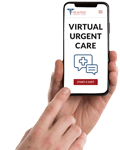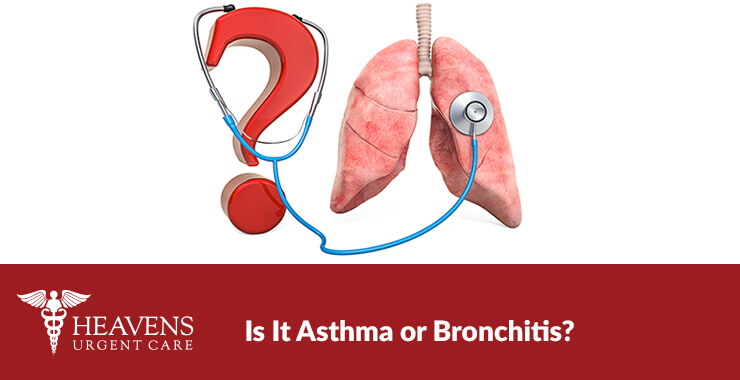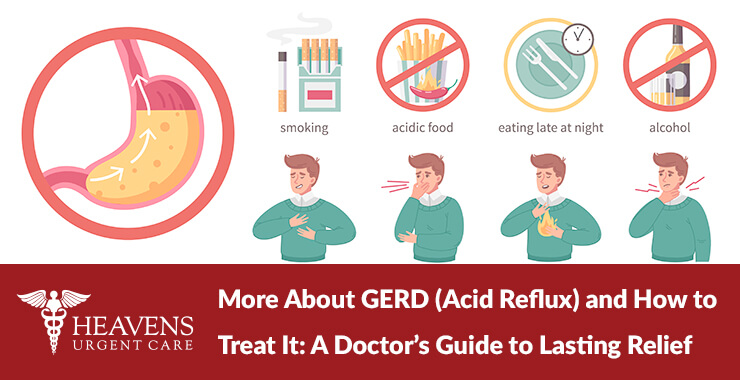Known as a silent killer, fatty liver disease, which includes nonalcoholic fatty liver disease (NAFLD) and nonalcoholic steatohepatitis (NASH), is a rapidly growing health concern in the United States.
This condition occurs when excess fat accumulates in liver cells and is currently the most common liver disorder, affecting up to 25-33% of adults.
Fatty liver disease can progress to a more serious form called Metabolic Dysfunction-Associated Steatohepatitis (MASH), characterized by liver inflammation, cell damage, and fibrosis. Over time, MASLD and MASH can lead to cirrhosis or liver cancer if not managed properly.

The prevalence of NAFLD has been increasing due to the rising rates of obesity, type 2 diabetes, and metabolic syndrome. NAFLD is more commonly found in individuals with these conditions, and those with Hispanic ancestry also show higher susceptibility due to genetic factors.
Fatty liver disease often has no or few symptoms, but sometimes there may be:
- Tiredness
- Pain in the upper right side of the abdomen
- Weight loss
- Swollen belly
- Enlarged blood vessels underneath your skin
- Larger-than-normal breasts in men
- Red palms
- Skin and eyes that appear yellowish, due to a condition called jaundice
- Nausea, loss of appetite, or mental confusion
There is no known cure for fatty liver disease, but it can be managed by a medical professional to improve symptoms. Treatment involves addressing the underlying cause, such as excess weight or alcohol use.
Causes of Fatty Liver Disease
The primary causes of fatty liver disease are closely linked to lifestyle factors and metabolic health. Eating too much and too often combined with a high-fat diet contribute to the development of insulin resistance and increased free fatty acid (FFA) uptake by the liver, which results in fat accumulation and metabolic dysfunction.
Lifestyle factors such as a high-fat diet and sedentary habits further increase this risk. Genetic predispositions, such as carrying the PNPLA3 variant, can also make some individuals more susceptible to severe forms of the disease.

Can Fatty Liver Disease Be Reversed?
The good news is that fatty liver disease can often be reversed in its early stages through lifestyle changes. At Heavens Urgent Care, we recommend:
- Weight loss through diet modifications and increased physical activity
- Reducing caloric intake by opting for a diet low in saturated fats and incorporating regular exercise can help decrease liver fat content.
- Advanced forms of fatty liver disease require more intensive medical management, which may include medications like Resmetirom
While fatty liver disease can be a serious health concern, early intervention and lifestyle adjustments offer significant hope for managing and even reversing the condition. Ongoing research into new drug therapies also provides a brighter outlook for those with more advanced disease stages.
Latest Advancements in Treatment
The field of fatty liver disease treatment has seen some promising advancements recently. The FDA approved the first medication for this disease in 2024 called Resmetirom (Rezdiffra™), an oral thyroid hormone receptor-beta (THR-β) agonist.
This drug has shown potential in reducing liver fat, improving liver function, and slowing the progression of fibrosis in patients with fatty liver disease.
Another notable development is the experimental use of a DGAT2 inhibitor, which has shown promise in reducing liver fat by blocking an enzyme involved in triglyceride synthesis and the expression of genes related to fatty acid production.
Early trials have indicated that this inhibitor could significantly reduce liver triglyceride concentrations and potentially reverse fatty liver disease, making it a potential breakthrough in the treatment of fatty liver disease.
Innovative research using organ-on-a-chip (OOC) models has also enabled a better understanding of fatty liver disease. These models mimic human liver tissue and have improved the prediction of drug efficacy in preclinical studies, potentially speeding up the development of more targeted treatments.
If you are concerned that you may have fatty liver disease, visit our office to speak with one of our medical professionals.







